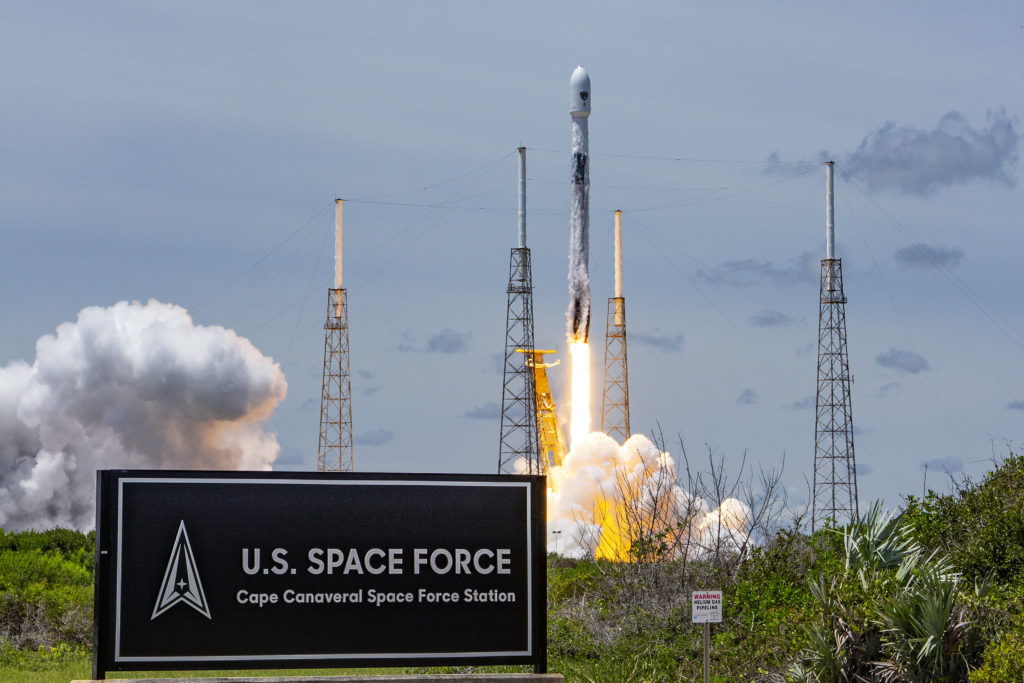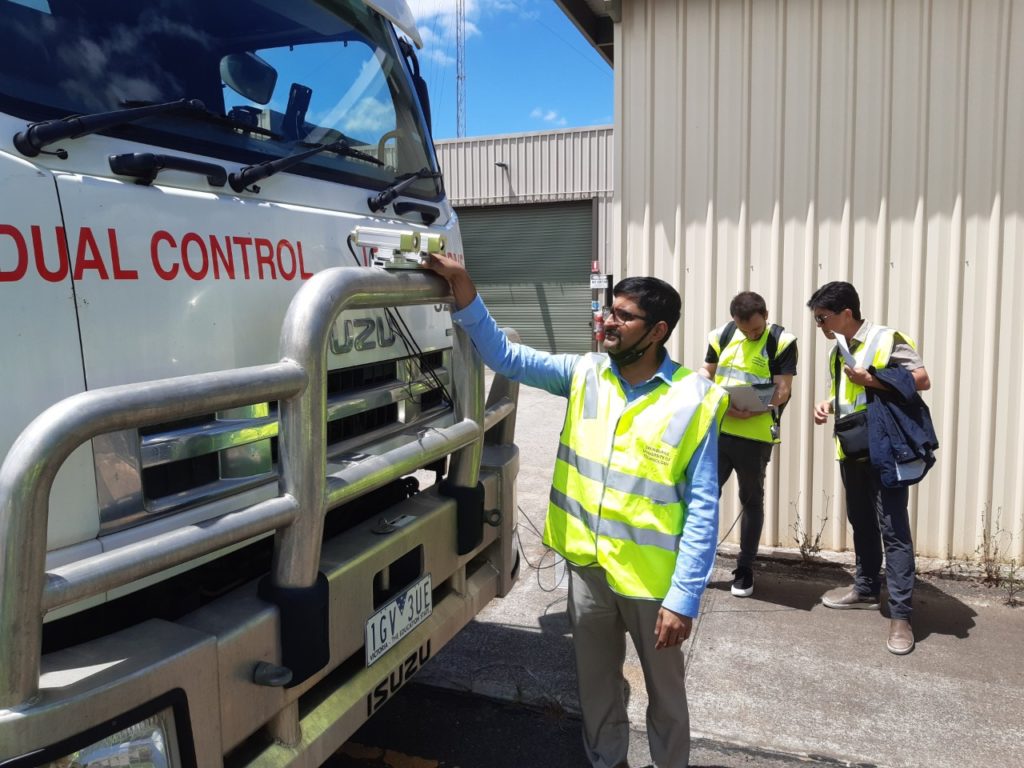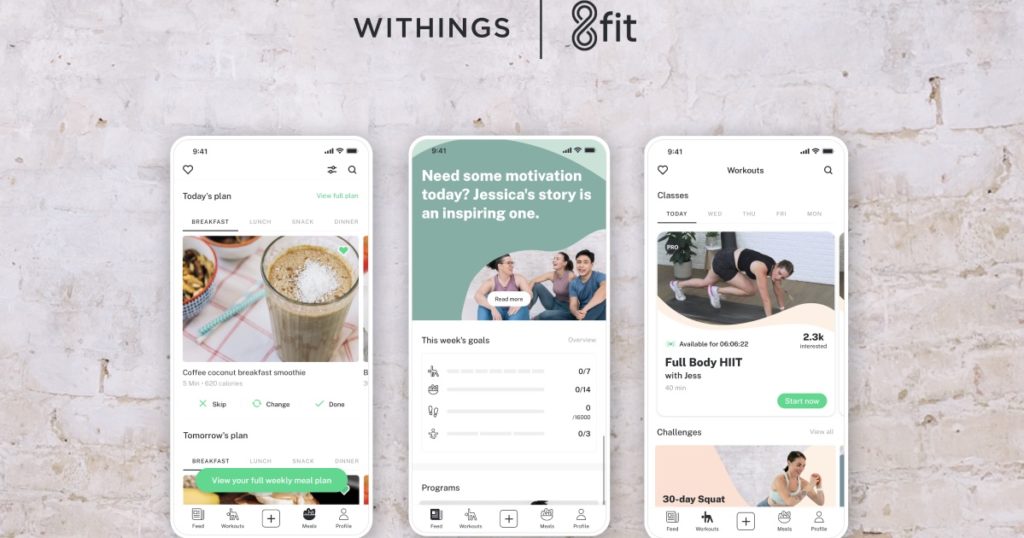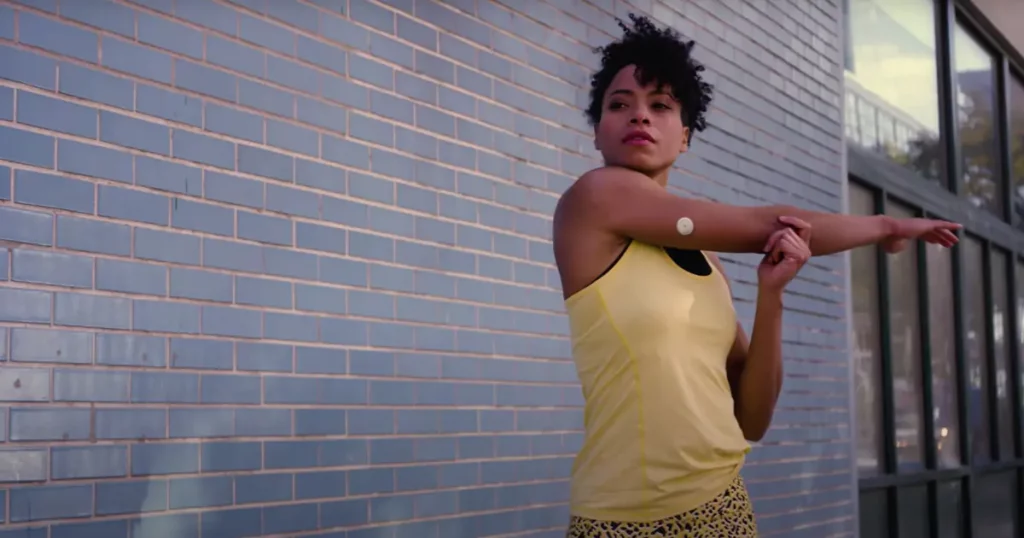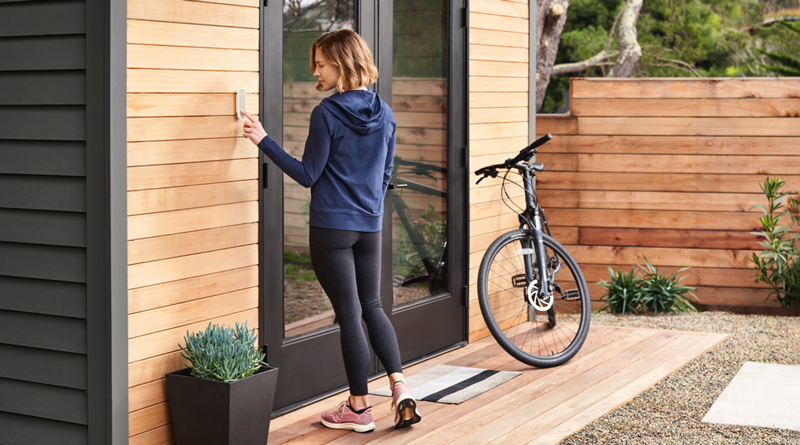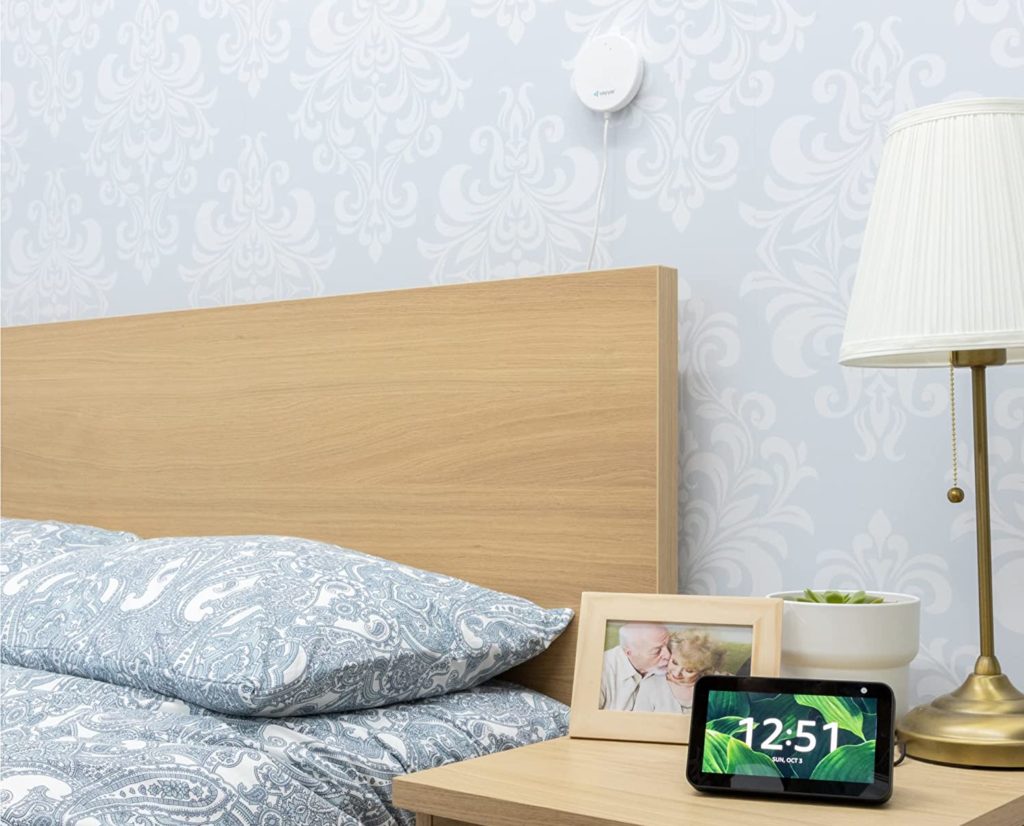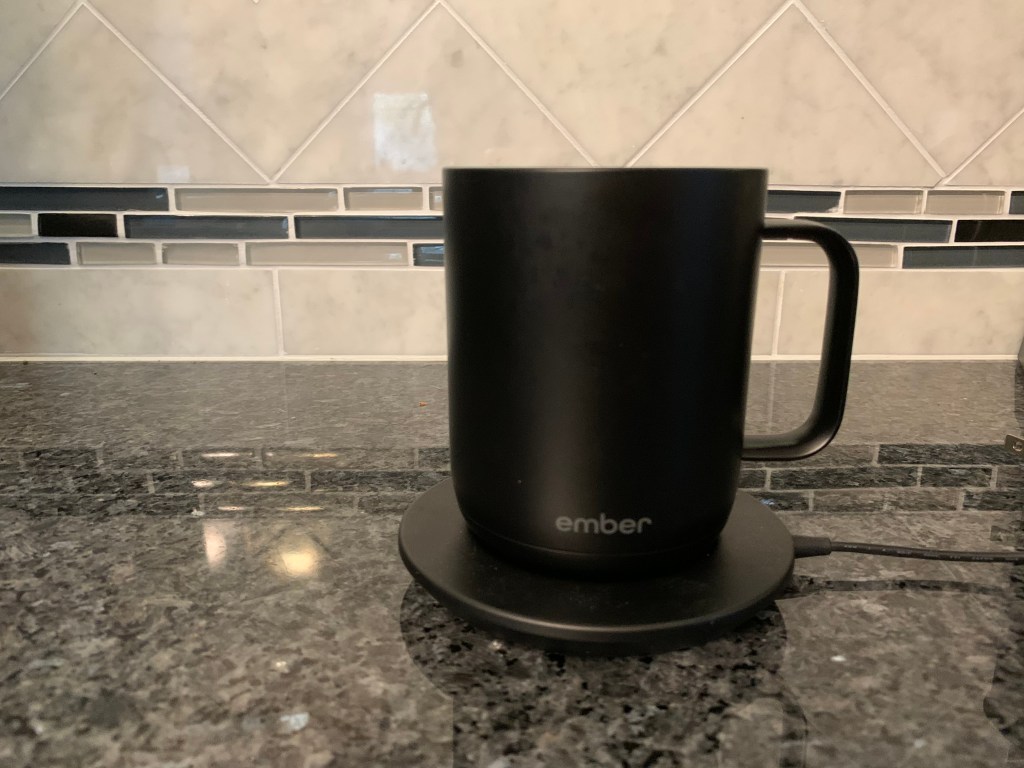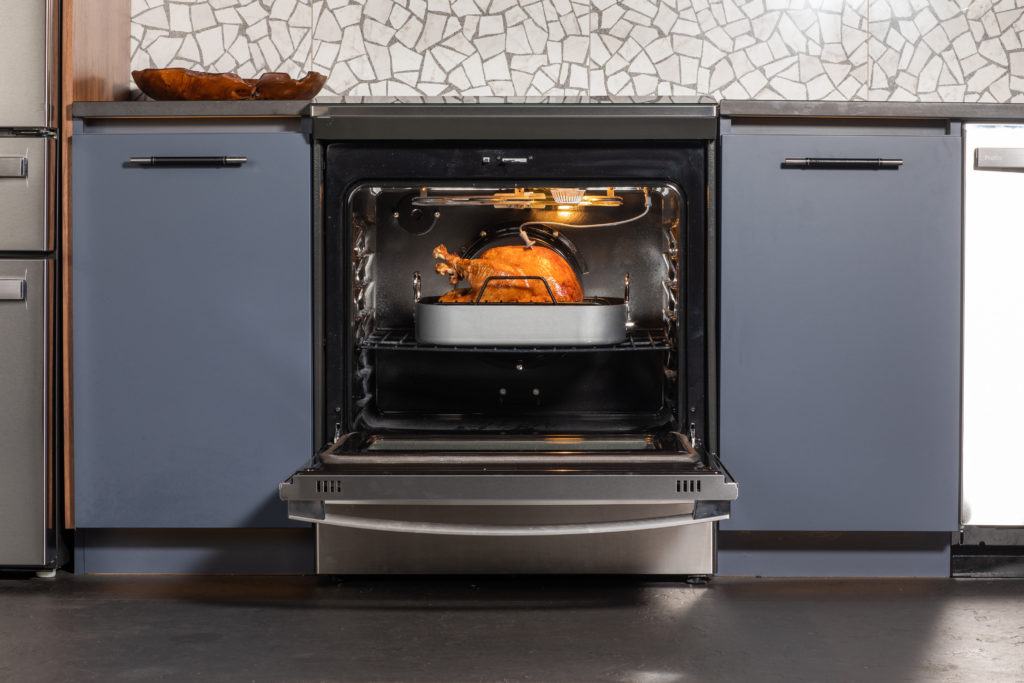A week after the CSA said that the Matter smart home interoperability standard would be delayed we get a chance to talk about why the standard is delayed until fall, and what it means for consumers and smart home device makers. We then share Omdia data on how much ownership of different smart home devices has grown in the last year and explain what new design and privacy tweaks are coming to the Google Home app. In security-oriented news we share how radar might keep secured spaces clear of people and the latest CISA and FBI alert for infrastructure companies and satellite companies worried about cyberattacks. We then showcase how a new factory 5G network in Lexington, Kentucky deploying a private 5G network might signal the actual beginnings of 5G adoption in other manufacturing settings. In other wireless news, I reviewed the Eero Pro 6E routers mostly because I’m excited about 1,200 MHz of new spectrum for Wi-Fi. Finally, we answer a listener question about the Level Home locks and if it might get support for Apple’s HomeKey.
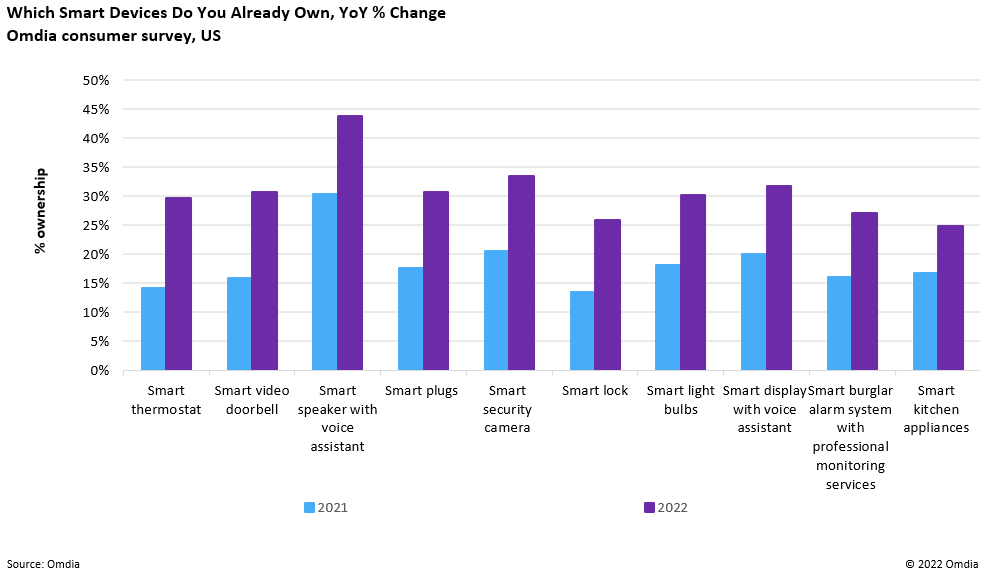
Our guest this week is Alex Hawkinson, CEO of BrightAI. Hawkinson is likely familiar to listeners as the founder and former CEO of SmartThings, the smart home platform purchased by Samsung. At his latest company, Hawkinson is continuing to try to add intelligence to the world by taking sensor data and turning it to insights. Only this time, he’s trying to tackle the challenge with more AI and an enterprise focus. We talk about what BrightAI is trying to do and how it ties back to Hawkinson’s history at SmartThings. He explains how BrightAI client CSC Serviceworks uses the internet of things to modernize its operations leading to a 10% to 20% growth in revenue. The case study is impressive, as is the vision of helping lots of older companies retrofit their operations with connected sensors and AI. Enjoy the show.
Hosts: Stacey Higginbotham and Kevin Tofel
Guest: Alex Hawkinson, CEO of BrightAI
Sponsors: Save our Standards and RAKwireless
- What it means that Matter is delayed again
- The Google Home app is getting a redesign
- Will 2022 and 2023 be the year 5G makes it in manufacturing?
- How to turn 100,000 Speed Queens into smart washers
- What’s next in sensor tech?
Podcast: Play in new window | Download | Embed
Subscribe: RSS


